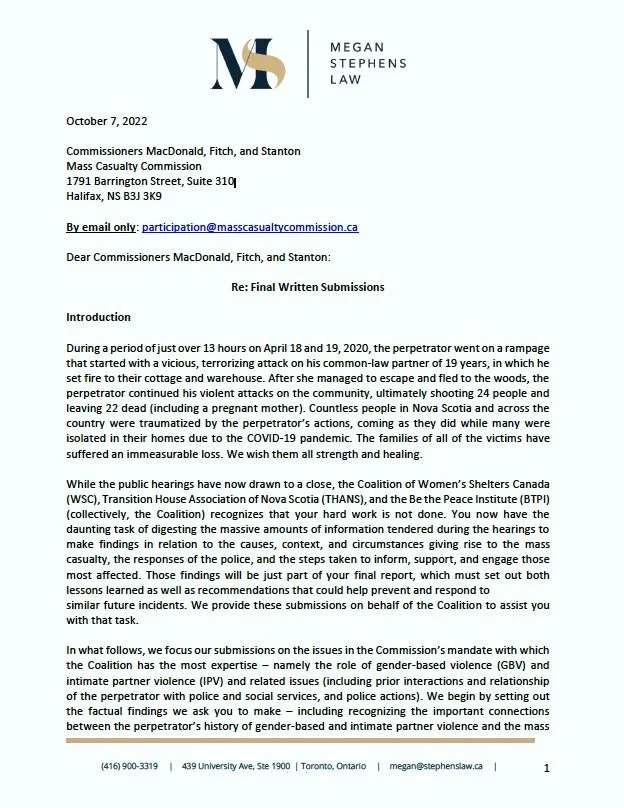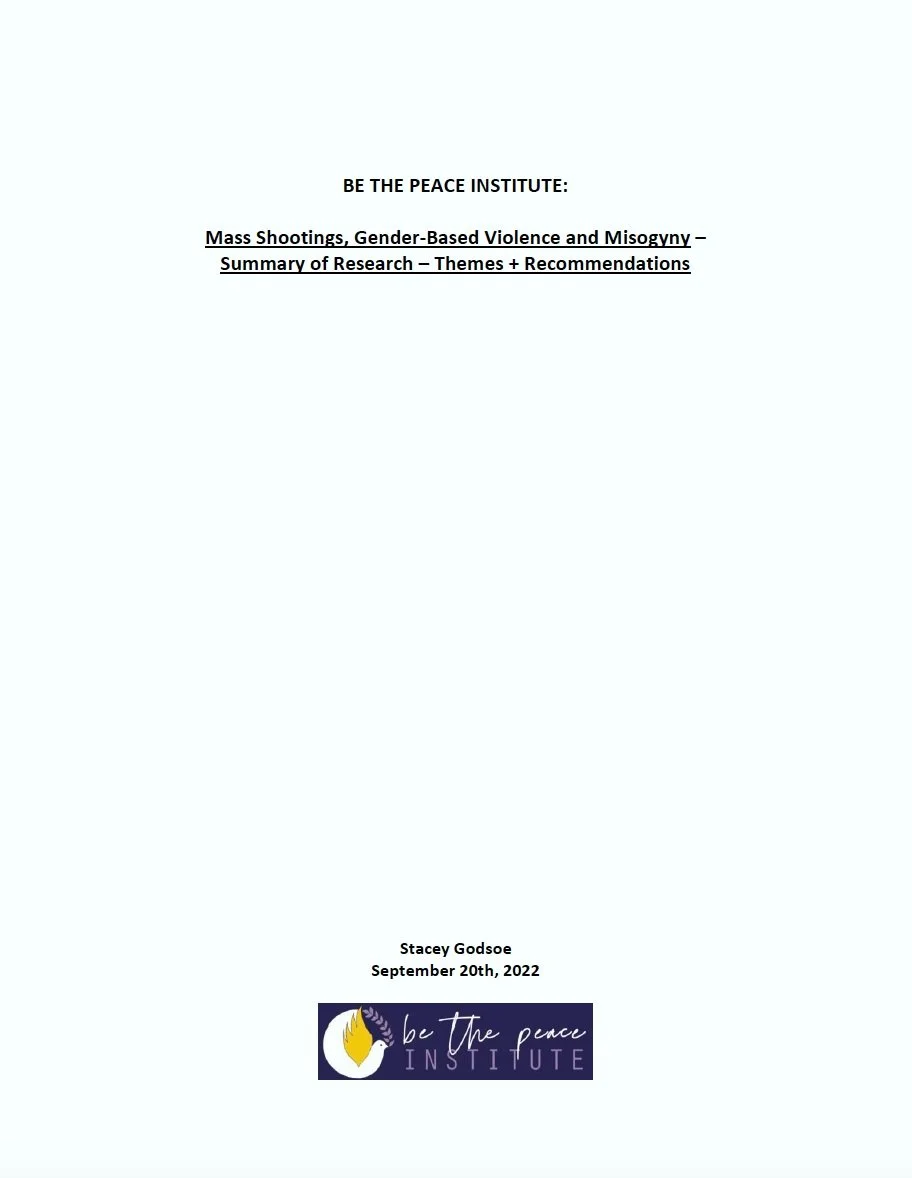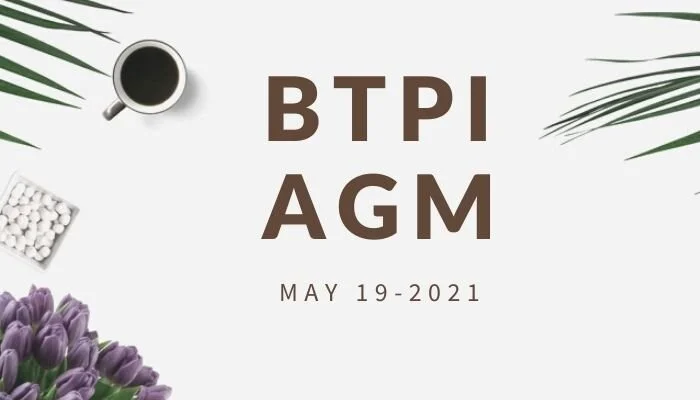BLOG
- Advocacy 18
- Allies 2
- Anti Racism 1
- Books 1
- Children 2
- Escaping abuse 2
- Gender-Based Violence 20
- Government 11
- Indigenous 1
- Inspiration 1
- Intimate Partner Violence 11
- Justice 1
- LGBTQ 2
- Legal Reform 9
- Men 2
- News 3
- Our History 1
- Projects 1
- Racism 1
- Sexual Assault 2
- Statistics 1
- Teens 1
- mass shootings 8
Be the Peace Institute, in partnership with Women’s Centres Connect and with funding from NS Status of Women, is pleased to share this synthesis of recent GBV-related reports: : A Synthesis of Action Plans for Ending Gender-Based Violence & Promoting Equity in Nova Scotia.
As part of our Scaling the Summit project, funded by NS Status of Women, we have a Collective GBV Advocacy Working Group of diverse practitioners, advocates, and survivors acknowledging the need for collective action to address the systemic injustices of gender-based violence in Nova Scotia.
As we continue our remembrance of the tragedy that unfolded four years ago, this post was supposed to be about healing and hope. In the midst of this reflection on how we are still recovering from that shocking event, we were shocked and disappointed by the cavalier and appalling comments made by Justice Minister Brad Johns. He said he didn’t agree with some of the recommendations in the Mass Casualty Commission Report, that domestic violence is not an epidemic.
It has been 4 years since the worst mass shooting in Canadian history in Portapique, Nova Scotia and the deep grief and shock still weigh heavy on so many hearts. We acknowledge and reflect on these monumental and ongoing losses – and we will continue to inquire, understand and push for change.
On September 23rd, 2023 BTPI Board and staff gathered with facilitator Arlene MacDonald…., to strategize on how to create the conditions of success for our organization going forward. We worked to establish a shared understanding of our mission, our goals and how we can collaborate to thrive.
Be the Peace Institute had the opportunity to present to Justice Canada, during virtual panels with academics, gender-based violence advocates, service providers, police, prosecutors and survivors to discuss the creation of a potential coercive control offence in the context of intimate relationships. We have also submitted a written brief on our position to Justice Canada.
Federal Justice Minister Arif Virani responded to the Supervising Coroner of the Renfrew County Femicide Inquiry with a declaration of GBV as an epidemic in Canada.
It is National Indigenous Peoples Day and we have been thinking about our commitment to decolonization including the importance of “going beyond the land acknowledgement”…
The Ending Violence Association of Canada (EVA) has shared a summary document of key findings related to gender-based violence in the Mass Casualty Commission Final Report.
Our 7th Annual General Meeting was held virtually May 10th, 2023 with 39 attendees. We shared updates on work to date and opportunities ahead. Special guests shared their reflections on the Mass Casualty Commission and Report as well as ideas for implementation of the MCC recommendations. To read more and access our full reports, click here.
Women’s Shelters Canada, Transition House Association of NS and Be the Peace Institute heartened by the depth and understanding reflected in the final recommendations report from the Mass Casualty Commission in the public inquiry into the mass shooting in Portapique, NS in April of 2020.
Some of our research has been considered relevant to the work of the Mass Casualty Commission’s Public Inquiry into the mass shooting in April of 2020 and has been submitted into the public record. This research was focused on bystander reluctance to report intimate partner violence (IPV) to police and is available on their website, or here.
On this International Women’s Day we are reflecting on our roots. Be the Peace Institute started as a 3-year project of Second Story Women’s Centre funded by Women and Gender Equality Canada in 2012. Second Story celebrates its 40th anniversary today and we want to honour that legacy of dedication to women’s rights, opportunity and equality over all these years even in the face of much adversity. Keep reading to learn more about SSWC, its origin story and its critical importance in our communities!
The 16 Days of Activism Against Gender-Based Violence, an annual international campaign from November 25 to December 10, is here. An action we have taken and are encouraging others to take: sign and share this Federal Petition from the African Nova Scotian Decade for People of African Descent (ANSDPAD) Coalition for a government apology for Canada’s role in the enslavement of African people. Learn more in our blog post.
Be the Peace Institute made a written submission to the pre-budget consultations in advance of the Federal Budget for 2023.
These recommendations outline our identified priorities for spending to help end GBV based on our many years of experience in the field, collaborating with front line, community-based services and support, intersecting government departments, academic researchers and what we have heard from survivours themselves.
The Mass Casualty Commission's public inquiry into the mass shooting from April 18 & 19 2020 in Portapique Nova Scotia included an examination of the role that gender based violence/intimate partner violence and misogyny played in the shooting. Be the Peace Institute, Women's Shelters Canada and Transition House Association NS participated in the inquiry in a coalition. This report is their list of final recommendations to the commission.
As part of our participation in the Mass Casualty Commission’s public inquiry into the mass shootings in Portapique, Nova Scotia, BTPI did our own research to better understand and underscore these connections. The following is a summary analysis of the themes, patterns and repeated recommendations for the prevention of mass violence as it relates to gender-based violence and misogyny.
Part two of our reflections on the Mass Casualty Commission’s public inquiry into the shootings of April 2020 in NS: Sue Bookchin provides an outline of the key documents, research and diverse roundtables of experts from the field on the connections between gender based violence and mass casualty events. Key viewing and reading for policy makers, legal professionals, service providers and anyone interested in learning more for better prevention and support. Click title to read more…
Be the Peace Institute was granted participation in the Mass Casualty Commission’s public inquiry into the tragic mass shooting in Portapique, NS in April of 2020 along with our coalition members, Women’s Shelters Canada and Transition House Association NS. Sue Bookchin has been watching hours of testimony, round tables and panel discussions on the complexities of this event and is sharing some of her reflections on the role and impact that gender-based violence played in this and other mass tragedies. Both to understand, and to prevent. Click title to read more…
We shared our collected findings on IPV in Canada with the House of Commons Standing Committee on the Status of Women, here is an except referencing Be the Peace Institute and a link to their full report.
We recently wrote a letter advocating that Bill C-233, which includes Keira’s Law on domestic violence education for judges, be passed into law in the House of Commons. This private member’s bill would expand training for judges to include domestic violence and coercive control. Bill C-233, "Keira's Law," would help to ensure the best interests of the child are central to decision making around custody and access in cases of family law.
Check out our letter advocating for this important bill to be passed, or consider writing your own.
To learn more: #ForLittleKeira
We recently partnered with Saint Mary's University through their Service Learning program and their Offenders and Victims course where students shared their research findings with us on a designated topic. One of our chosen areas of interest was how Men’s Intervention programs impact the prevention of gender-based violence.
We recently partnered with Saint Mary's University through their Service Learning program and their Offenders and Victims course where students shared their research findings with us on a designated topic. One of our chosen areas of interest was how gender-based violence affects 2SLGBTQIA+ communities.
The House of Commons Standing Committee on the Status of Women invited the public to submit written briefs for its study on Intimate Partner and Domestic Violence in Canada - Be the Peace Institute contributed to a collaborative brief, shared a few weeks ago but here is our independent brief, submitted on behalf of our organization.
It reflects our key takeaways over 6 years of projects, partnerships, research, interviews and reflection on IPV in Nova Scotia with a particular focus on rural needs, barriers and solutions.
Be the Peace Institute helped craft the attached letter to the Premier from the Women and Children First subcommittee of the Metro Interagency Committee on Family Violence regarding the Child and Youth Commission, the need for an Office of the Child and Youth Advocate and reconsideration on the clawback of the Child Care Benefit when children enter care.
We are so proud to have contributed to this brief on IPV in Canada to the House of Commons Standing Committee on the Status of Women with our amazing colleagues at the Metro Interagency Committee on Family Violence.
There are some specifically rural NS barriers & needs for those who have experienced IPV/GBV that need to be considered and if addressed, would help some of the most vulnerable victims of this issue.
Hundreds of Nova Scotians are currently experiencing homelessness and thousands more are precariously housed due to high rental costs. As we approach the date when Nova Scotians will elect a new government, it is vital to know what provincial parties and leaders plan to do about this emergency.































The practice of using NDAs at all stages of the complaints process is unnecessary and immoral. Victims should not be permanently gagged from speaking about their experiences or be be forced to agree to protect their offender in exchange for their privacy. This practice only serves to put a further chill on reporting which we know is dramatically lower than other crimes.
Check out our letter advocating for an end to their use in cases of sexual assault and harassment cases and consider writing your own.
To learn more: #Can’tBuyMySilence